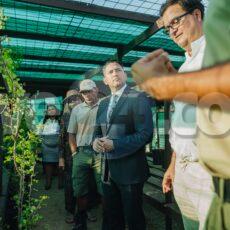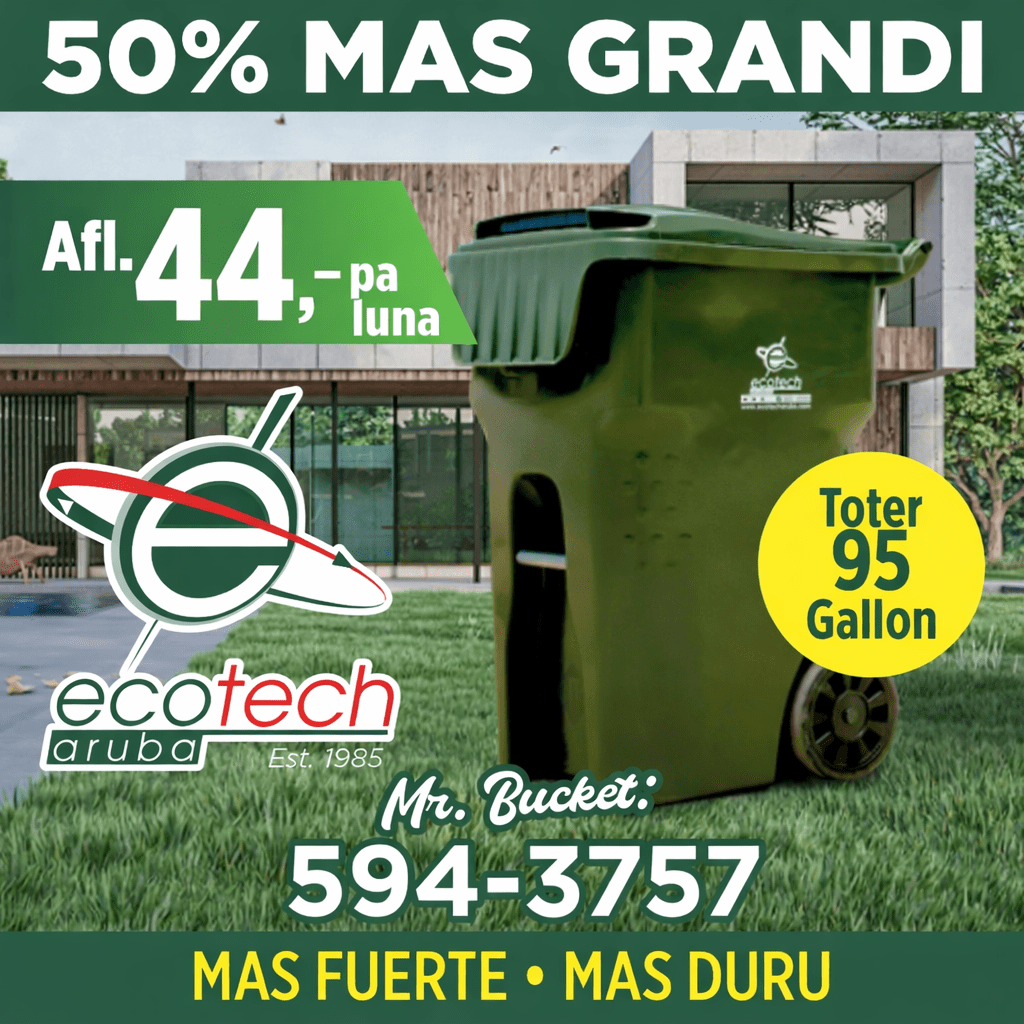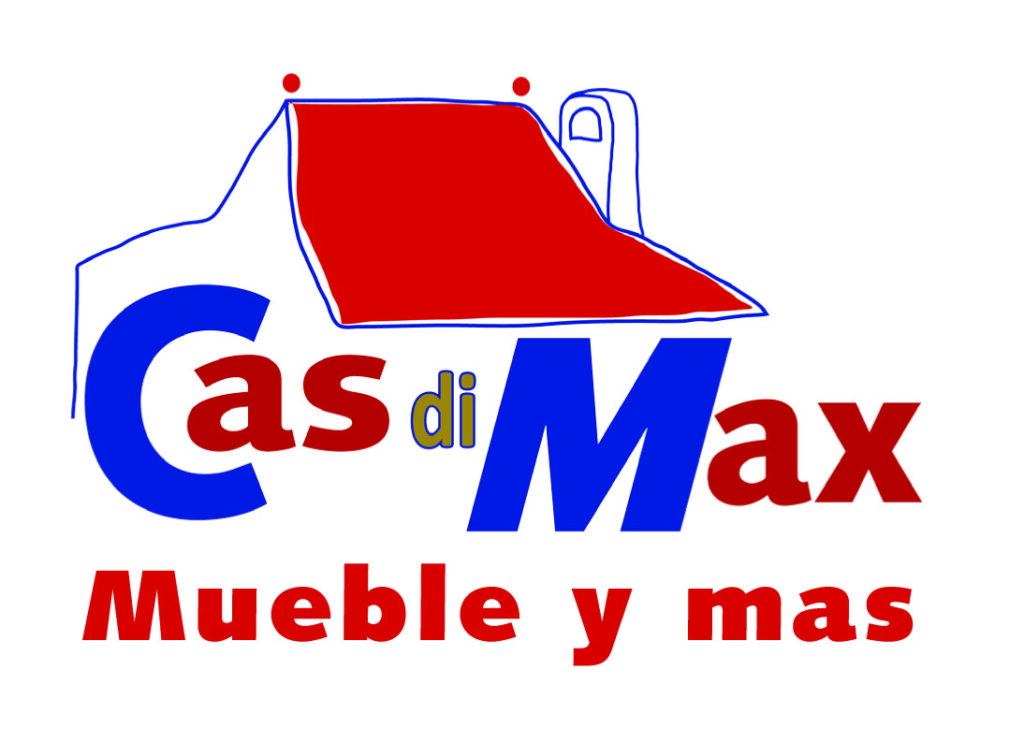
ORANJESTAD, ARUBA – Recientemente, Ranger Anthony Koolman y Research & Conservation Manager Giancarlo Nunes di Fundacion Parke Nacional Aruba (FPNA) a haci un bishita di trabou na Boneiro pa participa den un curso regional organisa pa Mangrove Maniacs, STINAPA, Dutch Caribbean Nature Alliance (DCNA) y e Regional Activity Center pa e Specially Protected Areas and Wildlife (CAR-SPAW).
Na 2020, FPNA a bira e organisacion apunta pa meneho di conservacion di diferente areanan natural nobo na Aruba, esakinan ta inlcui entre otro areanan di mangel. Sigun Sr Nunes “FPNA ya caba a cuminsa cu planta matanan den Parke Nacional Arikok y pronto lo cuminsa traha riba restauracion di e areanan di mangel tambe. Pa nos por haci esaki adecuadamente, nos mester siña mas hopi posibel di nos coleganan cu tin decadanan di experiencia”.
Sr Nunes a sigui splica “E curso intensivo di dos siman aki tabata bale la pena. Durante un serie di presentacion, nos a siña hopi di e diferente islanan di Caribe con nan ta implementando proyecto di restauracion di mangel, cu ta inclui drecha e calidad di awa, coba canal pa mehora e circulacion di awa, y colecta sushi mastanto posibel mirando cu hopi biaha ta tira sushi den mangelnan. Nos a siña tambe cu nos coleganan tin mes un retonan cu nos tin na Aruba di polucion, bestianan cu ta come e mata (e.o. burico y cabrito), sedimento cu ta keda pega na e wortelnan door di agricultura no sostenibel, desaroyo y construccion den e rooinan, tur ta impacta e ecosistema di e mangelnan den un manera negativo”.
Sr Koolman y Nunes tambe a haci diferente bishita di trabou, nan a bai na Lac na e area cu tin mangel preto cu a coba canalnan pa mehora e circulacion y e calidad di awa. Den algun aña, e area aki a transforma di un area cu mangelnan tabata muri pa un area di mangel abundante yena cu bida caminda cu parhanan y bestianan acuatico a regresa. Tambe nan a bishita e parti di mangel cora caminda cu door di e sedimento di erosion cu ta keda pega mester a coba canalnan nobo pa asina awa por pasa pa e mangelnan no muri. E participantenan di e curso a pasa algun ora ta corta e mangelnan pa haya e practica con pa mantene e circulacion di awa, tambe nan a planta fofoti den e areanan mas halto y seco.
Sr Koolman tabata impresiona cu e resultadonan positivo di añanan di dedicacion di un grupo grandi di boluntario. Sr Koolman a regresa Aruba cu gana di traspasa e informacion pa su coleganan y cuminsa traha riba proteccion y restauracion di nos flora. “E tabata un hopi bon experencia pa mi por a siña for di profesional y expertonan di e otro islanan. Awo mi ta hopi mas entusiasma pa restaura Aruba su palo di matanan native y tambe nos mangelnan pa e beneficio di naturalesa y Aruba su hendenan”.
E islanan ABC a wordo hopi afecta pa tur e siglonan cu a cap palo di matanan, rosa terenonan, y bestianan cu ta cana rond y ta come tur e flora. E bishita di trabou na Echo Boneiro y e projecto di Tera Barra Nature Park tabata un realisacion di efecto cu awor ta purba restaura. E proyecto di planta mata aki a wordo sera deliberadamente cu un cura pa asina por mantene e cabrito nan pafo, sino tur e matanan lo wordo comi. Burico y cabritonan no ta bestia native di e islanan ABC pero a wordo introduci den e siglonan pasa y tin estudionan haci entre e islanan riba impacto grandi di esakinan riba e flora nativo. E dos proyectonan aki ta cultiva palo di matanan nativo pa asina plantanan den tera. Den 10 aña a transforma un area seco cu solamente algun cadushi pa un area yena cu mata y palonan nativo door di activamente restaura e area y tambe den e forma natural caminda parhanan ta sprei e simianan. Proyectonan di planta mata ta contribui na conservacion di e biodiversidad nativo , cu ta yuda drecha e tera y combati cambio di clima door cu matanan ta absorba e carbon y otro gasnan for di aire, y yuda cu baha e temperatura door di duna sombra, asina aki haci nos islanan mas habitable den futuro.
*ENGLISH*
FPNA participated in regional mangrove conservation workshop
ORANJESTAD, ARUBA – Recently, Ranger Anthony Koolman and Research & Conservation Manager Giancarlo Nunes of Fundacion Parke Nacional Aruba (FPNA) visited Bonaire to participate in a regional workshop hosted and sponsored by Mangrove Maniacs, STINAPA Bonaire, the Dutch Caribbean Nature Alliance (DCNA) and the Regional Activity Centre for the Specially Protected Areas and Wildlife (CAR-SPAW).
In 2020, FPNA became the conservation management organization of numerous new protected areas in Aruba, including mangrove areas. According to Nunes “FPNA has already started working on reforestation within the Parke Nacional Arikok and will soon start working on mangrove restoration as well. To be able to do this properly, we first want to learn as much as possible from our colleagues with already decades of experience.”
“The week-long workshop was intensive and very worthwhile. During the series of presentations, we learned a lot about what the different islands in the Caribbean are doing in the way of mangrove restoration projects, which includes fixing the water quality, making channels to enhance water flow, and removing garbage, as often mangroves are used as dumping grounds. We also learned that our colleagues on the other islands are dealing with the same threats we face here in Aruba: the impacts of pollution, grazing, and siltation caused by soil erosion from by unsustainable agriculture, development and building in watersheds, which all impact the mangrove ecosystem in a negative way,” Nunes states passionately.
Koolman and Nunes also went on various field trips, they visited the Lac Bay black mangrove area where channel digging was done to enhance water circulation and restore water quality. Within a few years, this area went from dying to flourishing mangroves with a lot of life in it and bird and aquatic life returned. In the deeper water red mangrove areas, siltation has caused problems and here also channels were dug to fix water circulation. The workshop participants also spent some hours pruning mangroves to maintain the water flow and planted buttonwood mangroves in the higher situated, dryer areas.
Ranger Koolman was deeply impressed by the beneficial results of years of dedication by a large group of volunteers. Koolman returned to Aruba excited to teach his fellow rangers and start working on flora conservation. “This was a magnificent experience for me to be able to learn more from professionals and experts from the other islands. Now I am even more eager to restore Aruba’s native trees and our mangroves to the benefit of nature and Aruba’s people”.
The ABC islands have been heavily impacted by centuries of logging, land clearing and grazing by domestic animals such as donkeys and goats. The field visits to Echo Bonaire and the Tera Barra Nature Park projects were in that sense a real eye-opener. These reforestation projects were deliberately fenced off from goats, who would otherwise strip the trees bare, and eat all the seedlings and other plants. Goats especially impact the slow growing native trees. From their nurseries, both projects grow especially rare, native trees for outplanting. Within 10 years, the managed areas went from bare ground with only a few cacti to lush forests of more than a thousand trees and shrubs, through active as well as natural reforestation by seed dispersing birds. Reforestation projects contribute to the conservation of native biodiversity, help improve the soil and combat climate change by growing native evergreen trees that absorb carbon and other gases, and combat heat by providing shade, making our islands more livable in the future.
*NEDERLANDS*
FPNA deelgenomen aan de regionale Mangrove Conservation Workshop
ORANJESTAD, ARUBA – Onlangs bezochten Ranger Anthony Koolman en Research & Conservation Manager Giancarlo Nunes van Fundacion Parke Nacional Aruba (FPNA) Bonaire, om deel te nemen aan een regionale workshop georganiseerd en gesponsord door Mangrove Maniacs, STINAPA Bonaire, de Dutch Caribbean Nature Alliance (DCNA) en het Regional Activity Centre for the Specially Protected Areas and Wildlife (CAR-SPAW).
In 2020 werd de natuurbeschermingsorganisatie FPNA de beheerder van tal van nieuwe beschermde gebieden op Aruba, waaronder mangrovegebieden. Volgens Nunes “FPNA is al begonnen met herbebossing binnen het Parke Nacional Arikok en zal binnenkort ook beginnen met mangroveherstel. Om dit goed te kunnen doen, willen we eerst zoveel mogelijk leren van onze collega’s met al tientallen jaren ervaring.”
“De workshop die één week duurde was intensief en ook zeer de moeite waard. Tijdens de reeks aan presentaties hebben we veel geleerd over wat de verschillende eilanden in het Caribisch gebied allemaal doen op het gebied van mangroveherstel, waaronder het repareren van de waterkwaliteit, het vrijmaken van kanalen om de waterstroom te verbeteren en het verwijderen van afval, omdat mangroven helaas vaak worden gebruikt als stortplaatsen. We hebben ook geleerd dat onze collega’s op de andere eilanden te maken hebben met dezelfde bedreigingen waarmee we hier op Aruba mee kampen: de gevolgen van vervuiling, begrazing en verzanding, en bodemerosie veroorzaakt door niet-duurzame landbouw, ontwikkeling en bouw in of nabij afwateringsgebieden – hebben allemaal een negatieve invloed op het mangrove-ecosysteem, “stelt Nunes gepassioneerd.
Koolman en Nunes gingen ook op verschillende excursies. Zo bezochten ze het zwarte mangrovegebied van Lac Bay waar aan kanaalgraven wordt gedaan om de watercirculatie te verbeteren en de waterkwaliteit te herstellen. Binnen een paar jaar ging dit gebied van stervende naar bloeiende mangroven met veel leven erin en keerden vogel- en waterleven terug. In de dieper in het water gelegen rode mangrovegebieden zorgt verzanding voor problemen en ook hier zijn kanalen gegraven om de watercirculatie te herstellen. De deelnemers aan de workshop brachten ook enkele uren door met het snoeien van mangroven om de waterstroom te bevorderen en het planten van witte mangroven in de hoger gelegen, drogere gebieden.
Ranger Koolman was diep onder de indruk van de gunstige resultaten van de jarenlange inzet door de grote groep vrijwilligers. Koolman keerde vol enthousiasme terug naar Aruba om zijn collega-rangers kennis en vaardigheden bij te brengen, en aan de slag te gaan met herstel van de lokale flora. “Dit was een geweldige ervaring voor mij om meer te kunnen leren van professionals en experts van de andere eilanden. Nu ben ik nog enthousiaster om de inheemse bomen van Aruba en onze mangroven te herstellen ten behoeve van de natuur en de mensen van Aruba”, aldus Koolman.
De ABC-eilanden zijn zwaar getroffen door eeuwenlange houtkap, landontginning en begrazing door huisdieren zoals ezels en geiten. De veldbezoeken aan Echo Bonaire en Natuurpark Tera Barra waren in dat opzichte een echte eyeopener. Deze herbebossingsprojecten zijn met opzet afgeschermd van geiten, die anders de bomen zouden ontbasten en alle zaailingen en andere planten zouden opeten. Geiten hebben vooral invloed op langzaam groeiende inheemse bomen. Vanuit de kwekerijen van beide projecten worden zeldzame, inheemse bomen uitgeplant. Binnen 10 jaar gingen de beheerde gebieden van kale grond met slechts een paar cactussen naar weelderige bossen van meer dan duizend bomen en struiken, door zowel actieve als natuurlijke herbebossing door zaad verspreidende vogels. Herbebossingsprojecten dragen bij aan het behoud van de inheemse biodiversiteit, helpen de bodem te verbeteren en klimaatverandering tegen te gaan, vooral door het aanplanten van inheemse groenblijvende bomen die koolstof en andere gassen absorberen, en bestrijden hitte door schaduw te bieden, waardoor onze eilanden in de toekomst leefbaarder worden.



















